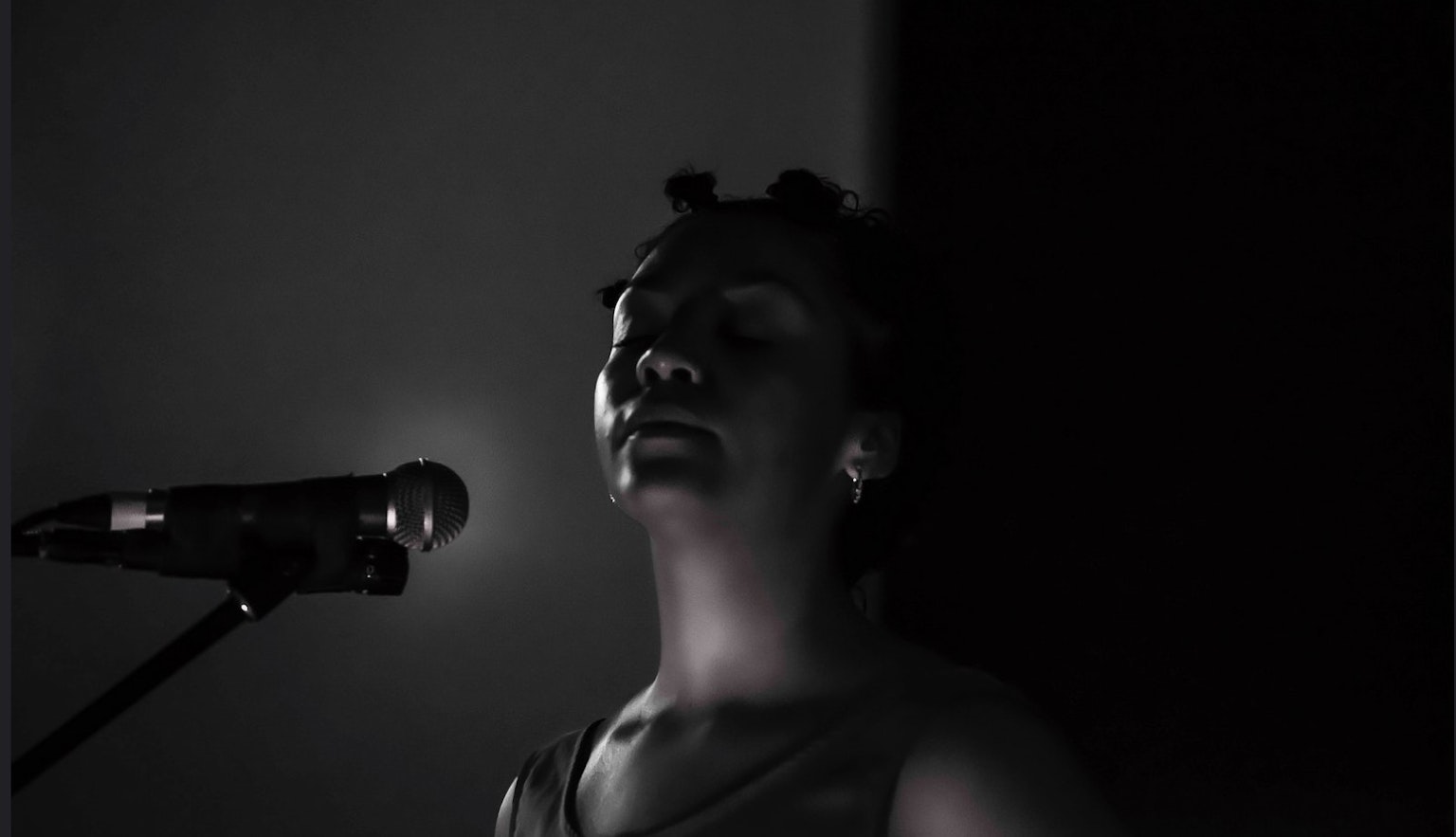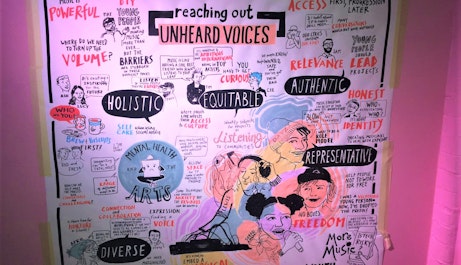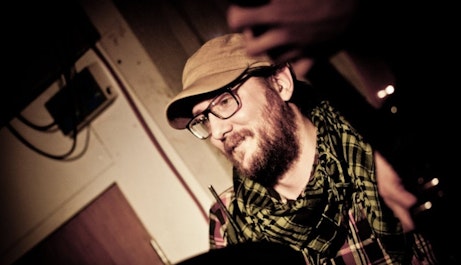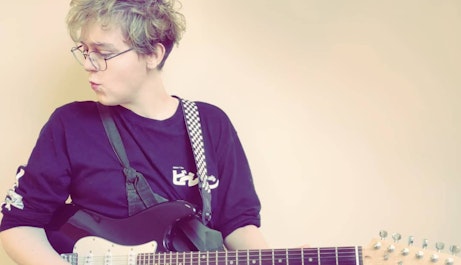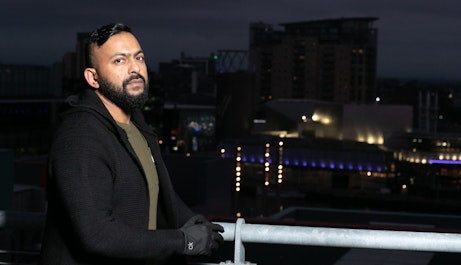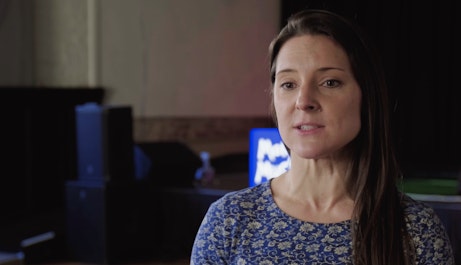How do we benefit from structural racism, sexism, ableism, classism?
Do we participate in tokenism, a faux performance of alliance?
Multidisciplinary artist Ruby-Ann Patterson thinks we need to ask ourselves some difficult questions. Representation is about including the needs of all people, always, and as a priority, not an afterthought.
Organisations need to make assessments on how they are missing the mark and unpack the ways in which we perpetuate discrimination in our own practice.
In November 2019, people working across music education gathered for the Unheard Voices conference.
Organised by Brighter Sound and More Music as part of the Reaching Out Network, the day asked ‘whose voices aren’t being heard?’
Key speakers responded to Youth Music's HEARD model which summarises how to create musical experiences with inclusivity at the heart. Watch or read Ruby-Ann's take on 'Representative' - the people we work with reflect our diverse society.
Transcript
Representation. Is it a reflection of the community? Of an audience? Of participants? And is the reflected image local, national, international? It’s about spaces that don’t yet exist. It’s about discovering the fundamental parts needed to create new spaces. It’s a place where there’s room for everyone and room for error. Sounds idyllic.
How do we ensure that spaces, places and people adequately represent the complex and variable human form? It takes collaboration. It takes organisations utilising all of the tools needed to break down the barriers presented in our society. It’s uphill but it doesn’t mean we give up before we’ve begun.
In this new space we decolonise. We say our pronouns. We act on what people tell us and we believe them. We hold ourselves accountable. We are transparent. We pay everyone and we pay fairly. We make mistakes and we are honest. We don’t rely on the emotional labour of others to learn. We do the work and we stay curious. We decolonise some more. We care about self-employed folk. We care about queer folk. We care about fat folk. We care about neurodivergent folk. We care about disabled folk. We care about trans folk. We care about our neighbours. We place our care in the communities that surround us, and we don’t shut them out. We open doors for them.
Tokenism: a performative action using an underrepresented person, image or group to make us look or seem more diverse. It happens in our homes, in the planning committee, at our dinner tables, at social events, on the decision making team, within our participatory projects, in the recruitment process, and in whispers within our institutions. So we need to be curious about ourselves. We need to be aware when we participate in this faux performance of alliance. We need to ask ourselves some questions that we may not enjoy.
How do I benefit from structural racism, sexism, ableism, classism? Am I doing enough? Are we doing as well as this image makes us look? Am I paying these artists according to Artists’ Union guidelines? Do we provide the correct support for the people we’re showcasing? What are the barriers for access, and how can we make bridges?
It is so important, in music education, to be striving towards our venues, events, and participatory projects, to be including the needs of all people, always. As a priority, not as an afterthought. The people of the project must be given greater value than the outcomes. It doesn’t matter how diverse you look. It’s doing the work that makes an organisation an exceptional one.
But don’t take it from me. I’m here to represent some sort of diverse person. My pronouns are she / they. I’m a mixed race, British, queer person. I am working class, but I also hold a first class degree. I am incredibly privileged in my fat, but able, light skinned body. So, really I can only represent myself. Although many people see me as one, or some of these groups, I am not the spokesperson for any. And assuming that one person can be is problematic in itself. It makes it even more important for us to continue asking ourselves what representation means.
All organisations, individuals and artists need to make assessments on how they are missing the mark. They need to be honest about their current situation and about their past. It’s about paying for the privilege of someone's diverse and unique contribution. It’s about providing care and support as well as the effort to pay more than the living wage. It’s about actively investing in an intersectional workforce. And it all starts with organisations unpacking the ways we perpetuate discrimination within our own practice.
Representation. It’s not really about making your work represent what’s already there. It’s about your work creating the spaces that you wish to see, and bringing them to life.
"It takes collaboration. It takes organisations utilising all of the tools needed to break down the barriers presented in our society. It’s uphill but it doesn’t mean we give up before we’ve begun."
About Reaching Out
Reaching Out is a training, development and future-thinking network hosted by music organisations More Music and Brighter Sound.
The network is aimed at project managers, programme managers and anyone else planning and managing inclusive music activity across the North West for children and young people.
To find out, email Molly.
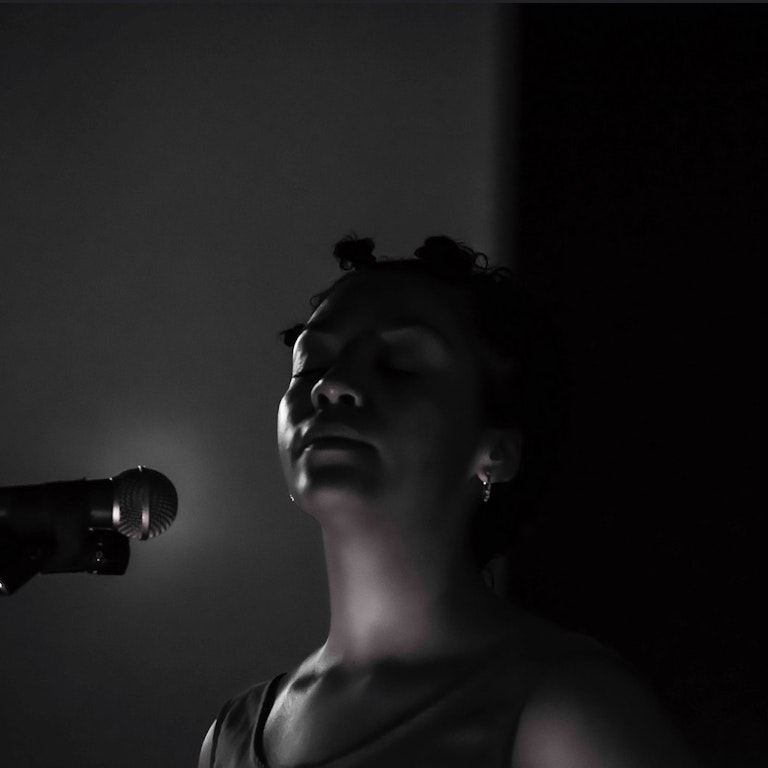
About Ruby-Ann
Ruby-Ann Patterson is a multidisciplinary artist producing visual poetry, performance, theatre and sound. She is interested in centering non-white narratives, exploring intertextual practices as a way of responding to the world around her. Her work investigates British Mixed-Race identity and the epistemologies of belonging - dissecting themes of memory, ritual, lineage and displacement.
